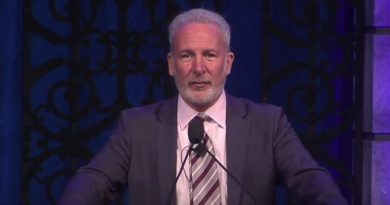El Salvador Targets Economic Growth with Bitcoin Adoption
Bitcoin, the world’s most valuable cryptocurrency, received support from Nayib Bukele, President of El Salvador, recently after he announced plans to make Bitcoin legal tender in the Central American country.
In an official announcement on Saturday, the 39-year-old president highlighted the importance of Bitcoin for El Salvador’s economic growth. Bukele mentioned that he is planning to send a bill to Congress next week in an effort to adopt BTC as legal tender.
“Bitcoin has a market cap of $680 billion. If 1% of it is invested in El Salvador, that would increase our GDP by 25%. On the other side, Bitcoin will have 10 million potential new users and the fastest growing way to transfer 6 billion dollars a year in remittances. Besides, a big chunk of those 6 billion dollars is lost to intermediaries. By using BTC, the amount received by more than a million low-income families will increase by the equivalent of billions of dollars every year. This will improve lives and the future of millions,” Bukele mentioned on Twitter.
The latest announcement by El Salvador’s President came a few days after Miami Mayor Francos Suarez revealed his Bitcoin and Ethereum holdings.
Adoption of Bitcoin
Since the start of 2021, the adoption of Bitcoin has increased rapidly. Leading organizations around the world started accepting Bitcoin as a payment method and added BTC to their balance sheets. Chinese technology firm Meitu recently announced that the company is holding more than $100 million worth of cryptocurrency assets including BTC and Ethereum. MicroStrategy, a leading business intelligence firm, now has more than 92,000 BTC. Despite the corporate adoption, analysts raised concerns over the legal status of Bitcoin in the past. However, the latest announcement by El Salvador shows that countries have now started considering the adoption of BTC as a legal form of money. The world’s largest cryptocurrency is currently trading above $36,000 with a market cap of more than $682 billion.
Source: Read Full Article



